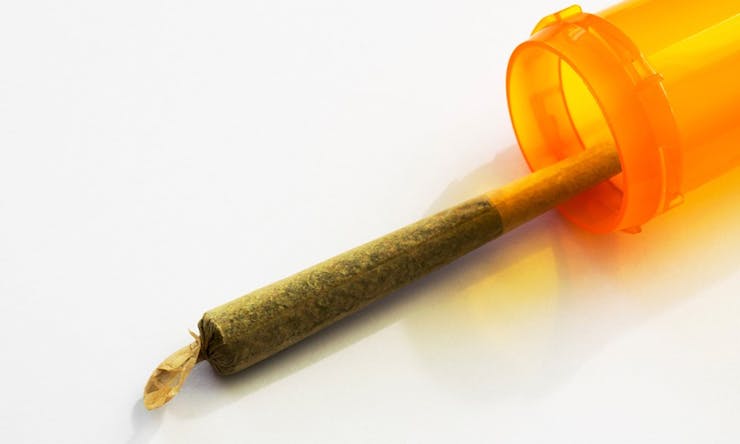Canada, and in particular, Canadian politicians, have been grappling with the question of marijuana for several years now. The Canadian Health Minister, Rona Ambrose, have been a vocal opponent of all forms of cannabis, saying that she was “outraged” when the Supreme Court voted to legalize the use of cannabis-infused edibles and concentrates for medical use.
The misalignment of Canadian authorities on the issue of marijuana is troubling for medical patients and Canadian cannabis advocates. This week, while on the campaign trail for reelection of Prime Minister, Conservative Leader Stephen Harper made the inflammatory remark that marijuana is “infinitely worse” than tobacco.
Harper was responding to a reporter’s question about cannabis and why he is so strongly opposed to it, despite the fact that many use cannabis for medicinal purposes and that both alcohol and tobacco are legal and regulated for recreational use.
He said:
“There’s just overwhelming and growing scientific and medical evidence about the bad long-term effects of marijuana.”

Alright, let’s take a step back and look at what’s wrong with this statement. Harper said that there is “overwhelming” evidence. Can we get some examples? How about a statistic or two? Maybe a source, rather than a vaguely worded statement?
Maybe we should show him these studies instead:
- Tobacco causes 37,000 deaths in Canada every year.
- Cannabis has not caused a single recorded death in Canada’s history.
- Tobacco is known to cause cancers as well as pulmonary and cardiovascular disease.
- Cannabis has been proven to kill cancer cells and shrink tumors.
- Tobacco damages your airways and causes respiratory issues, such as lung cancer, COPD (chronic obstructive pulmonary disease), and chronic bronchitis.
- Cannabis has not been shown to cause lung damage and, in fact, is a bronchodilator, which may actually improve lung function.
In addition, according to a new poll by Vote Compass for CBC News, 75 percent of Canadians, including members of the Conservative Party, say that they favor easing the restrictions on marijuana laws. Of the 14,502 respondents, 56 percent favored legalization, 30 percent believe it should be decriminalized, and a slim minority of 14 percent believe that it should remain a criminal offense.
Perhaps it is time for politicians to take a step back and recognize the will of their citizens. Canada, if you’re looking for a change, keep your thoughts in mind when you cast your vote for the Canadian Federal Election on October 19.





